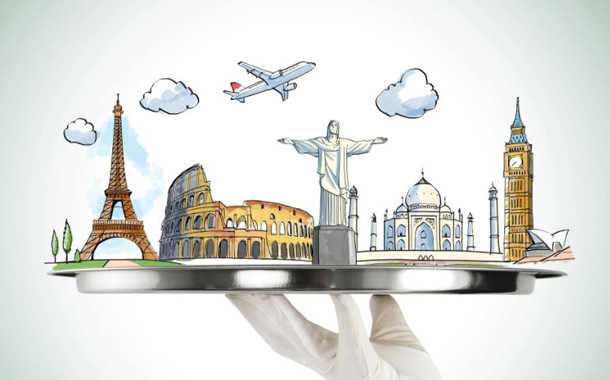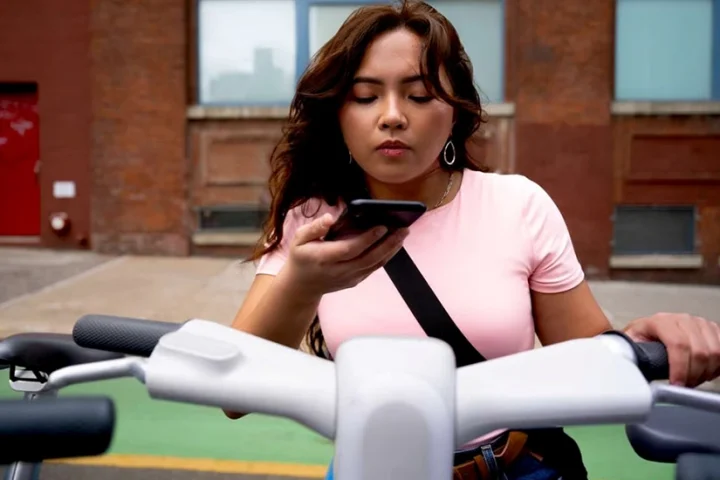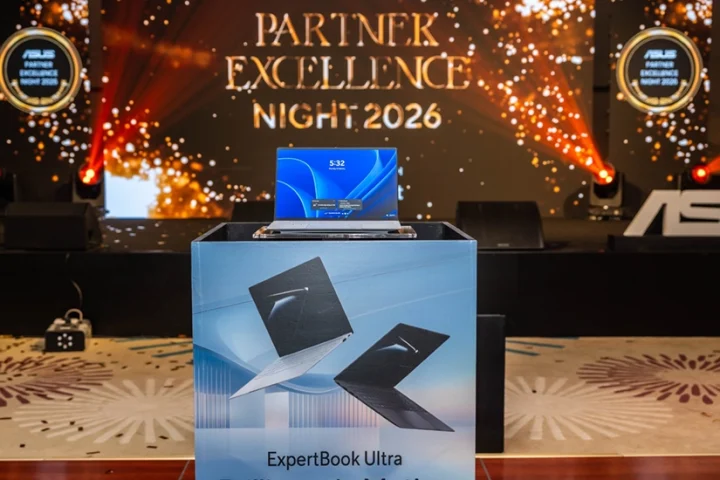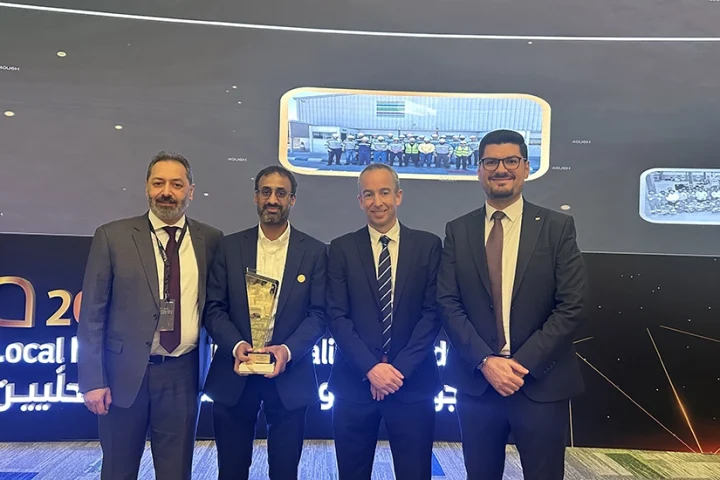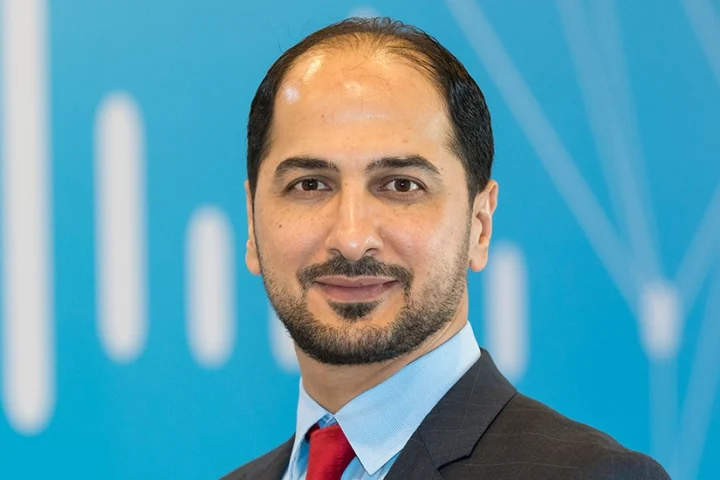‘Chaar chaand lagana’ (literally translated as ‘putting up 4 moons’) is a very popular Hindi idiom that means adding extra layers of beauty to anything. In the case of hospitality, the 4 moons are Big data, seamless connectivity, digitization and competitive loyalty that are adding that extra layer of beauty to the hospitality sector that stands on the threshold of major disruption.
The leisure, travel and hospitality industry has already stepped into an era of major disruption. Be it a staycation or a vacation, a casual dinner or even an evening coffee— there are innumerable occasions where digitization plays a key role in determining decisions of a consumer. Today, Zomato has taken the place of the friendly people from whom you took recommendations for a delicious bite enroute or a relishing full course meal. Competitive websites offering competitive prices and choices on holidays, hotels, flights and food are forcing the hospitality sector to reimagine business on new platforms every day and every minute.
From online check-ins to information reviews, technology is disrupting the sector like never before. Even traditional or heritage hotel chains are also not aloof from this. They realize that heritage value is not enough to attract the modern digital traveler. He would seek modern amenities in a traditional perimeter. According to the Fundación Orange study on Digital transformation in the tourism and hospitality sector, “the tourism and travel sector makes extensive use of both information and transactions in all stages of the value chain.” Consumers search for information before a trip, they compare and check opinions of other travelers, and then they reserve tickets, hotels, and even tickets for shows and museums.
 “Hotel chains are already responding to this shift in their customer base by creating or purchasing boutique brands to add to their portfolio. Gen Y focused brands have been created to meet the demands of Millennials,” says Graeme Kane, Hospitality Business Development Manager at Aruba Networks Middle East & Turkey These millennials demand the latest technology to help them stay connected and engaged and expect hotel chains and other travel related industries to personalize their experience through technology. Over 70% say free Wi-Fi plays a key role in deciding where they book. So being able to provide the best possible Wi-Fi experience, personalized with mobile engagement solutions, is critical.
“Hotel chains are already responding to this shift in their customer base by creating or purchasing boutique brands to add to their portfolio. Gen Y focused brands have been created to meet the demands of Millennials,” says Graeme Kane, Hospitality Business Development Manager at Aruba Networks Middle East & Turkey These millennials demand the latest technology to help them stay connected and engaged and expect hotel chains and other travel related industries to personalize their experience through technology. Over 70% say free Wi-Fi plays a key role in deciding where they book. So being able to provide the best possible Wi-Fi experience, personalized with mobile engagement solutions, is critical.
But there are two ways of adapting to this digital transformation: being reactive, that is, incorporating technologies and processes that respond to consumer needs; or being proactive, offering new unexpected possibilities that take the customer’s digital experience to a new level.
Epicor recently released iScala for Hospitality, a back-office solution for restaurants, hotels, and resorts. Available on-premises, as a hosted solution or cloud-deployed, the platform meets the unique needs of the hospitality industry by enabling companies–be it a single-location hotel or a multi-site operation with mixed shared service centers and local facilities–to streamline operations and efficiently integrate all operations on a single platform.
“Today’s traveller is no longer satisfied with the traditional hotel experience – they expect seamless connectivity across multiple devices, real-time access to information and services, customised in-room entertainment and an individualised experience that meets their own unique needs.” Although this is a global trend, it is spreading in the Gulf perhaps more quickly than anywhere else. In Saudi Arabia, two recently announced Aloft hotels will feature the Kingdom’s very first keyless entry systems, as part of a wider shift towards efficient, high-tech hotel design. The system, called SPG Keyless, allows guests to use their smartphones or Apple watches as a room key.
A NEW AGE IN TRAVEL AND HOSPITALITY
A demanding traveler has reshaped the way in which a place welcomed him. According to a report, “Augmented and virtual reality: beyond mobile devices, augmented and virtual reality experiences are now being offered, such as the digital observatory of the Barcelona Skyline at Terraza 83,3, which provides information about the monuments thanks to augmented reality technology, and which also allows immersive visits to some of the monuments with virtual reality goggles.”
 “The shift towards mid-market hotels and the escalation in inter-region travel will continue to prevail in the region. We anticipate a substantial conversion in pricing from static to dynamic. There has also been a steep escalation in ‘niche’ tourism with travelling becoming easier both in practice and planning. There is a wealth of information regarding destinations and cultures which makes it elementary to travel to places. For instance, the region has seen a surge in niches such as medical and wellness tourism, theme park tourism and ‘Halal travel’,” says Mr. Raj Sahni, Owner & Chairman of RSG International
“The shift towards mid-market hotels and the escalation in inter-region travel will continue to prevail in the region. We anticipate a substantial conversion in pricing from static to dynamic. There has also been a steep escalation in ‘niche’ tourism with travelling becoming easier both in practice and planning. There is a wealth of information regarding destinations and cultures which makes it elementary to travel to places. For instance, the region has seen a surge in niches such as medical and wellness tourism, theme park tourism and ‘Halal travel’,” says Mr. Raj Sahni, Owner & Chairman of RSG International
WHEN CONNECTIVITY IS NO MORE A PERK
Aruba has some strong recommendations when it comes to the question of connectivity. “Stop handing out Wi-Fi logins on a piece of paper. Guests can be welcomed through a custom-branded captive web-portal where they can get secure Wi-Fi access while getting impressed with ads and special offers about the venue. It’s also where hotels can inspire them to download the venue’s custom mobile app.
Custom-branded mobile app. Venues come to life when guests use the hotel’s custom-branded mobile app. From the comfort of their smartphones, they can get turn-by-turn directions to amenities and relevant push-notification offers based on their opt-in preferences and real-time location,” says Graeme Kane, Hospitality Business Development Manager at Aruba Networks Middle East & Turkey
A ROBOT KNOCKS AT YOUR DOOR
Futuristic experience define ‘Today’. Hotels are forced to evolve based on that and we can see various hotels across the region going out of the box.. Nowadays you can see robot butlers and waiters in some niche places. These types of digital systems not only make it easy for hotel staff to deliver items to guests, but it also offers a forward-facing digital experience to people who stay at the hotel.
FLOWING WITH THE MEGATRENDS
According to Aruba, there is a way in which these cost streams can be turned into revenue streams by answering those five key questions: Who? What? Where? When? Why? “Today there is technology that allows hotels to identify Who is entering the facility, What they are interested in (based on previous visits), Where they are inclined to spend more time within the hotel property/resort when they do certain activities, and most importantly why they are taking these actions,” says Graeme.
According to PwC, the five global megatrends that are widely believed to be shaping the future of our world are: demographic shifts and social change, a shift in global economic power, accelerating urbanisation, climate change and resource scarcity, and the rise of technology.
Using IoT devices requires reinventing operations and transforming business processes to customize and personalize products and services to individual customers. In the next two years, most smartphones will be capable of accessing Super Wi-Fi, that is, the TVwhite space network which uses unused TV broadcast frequencies.


